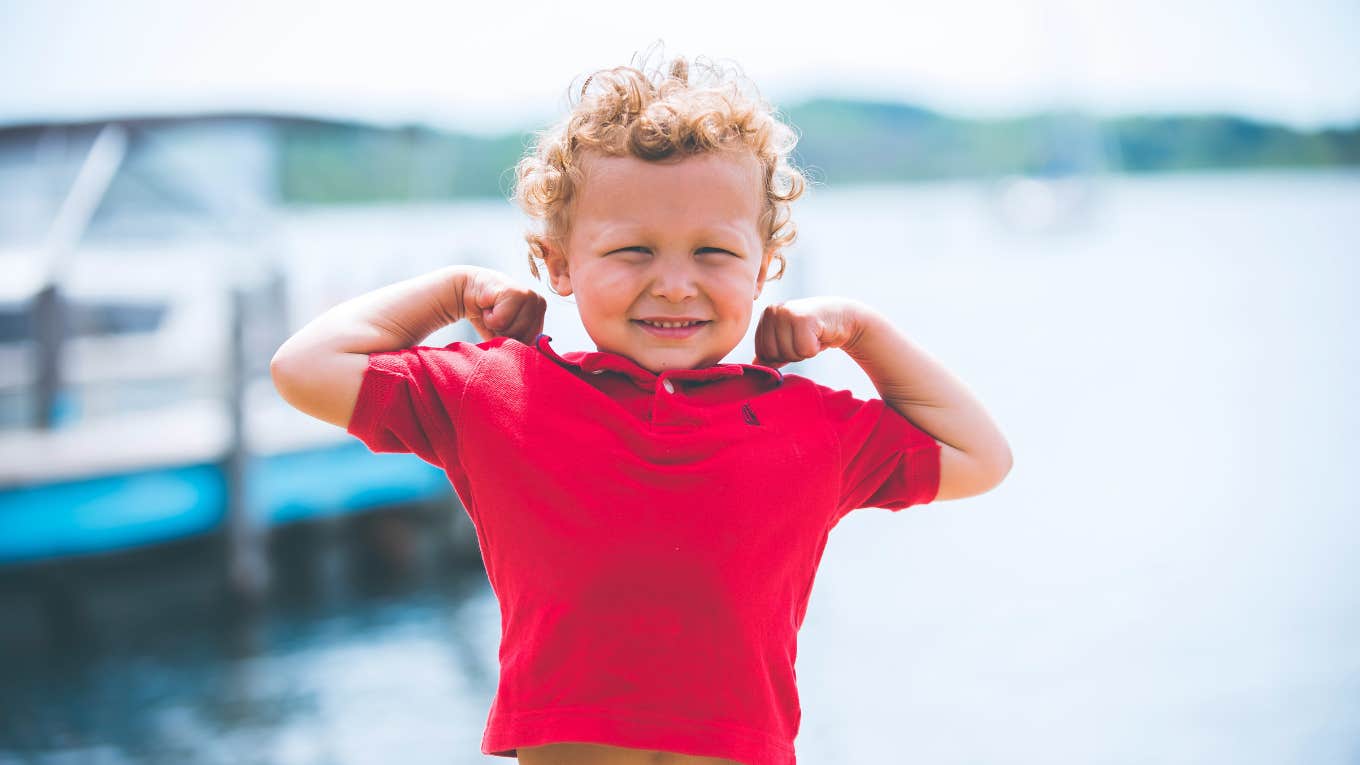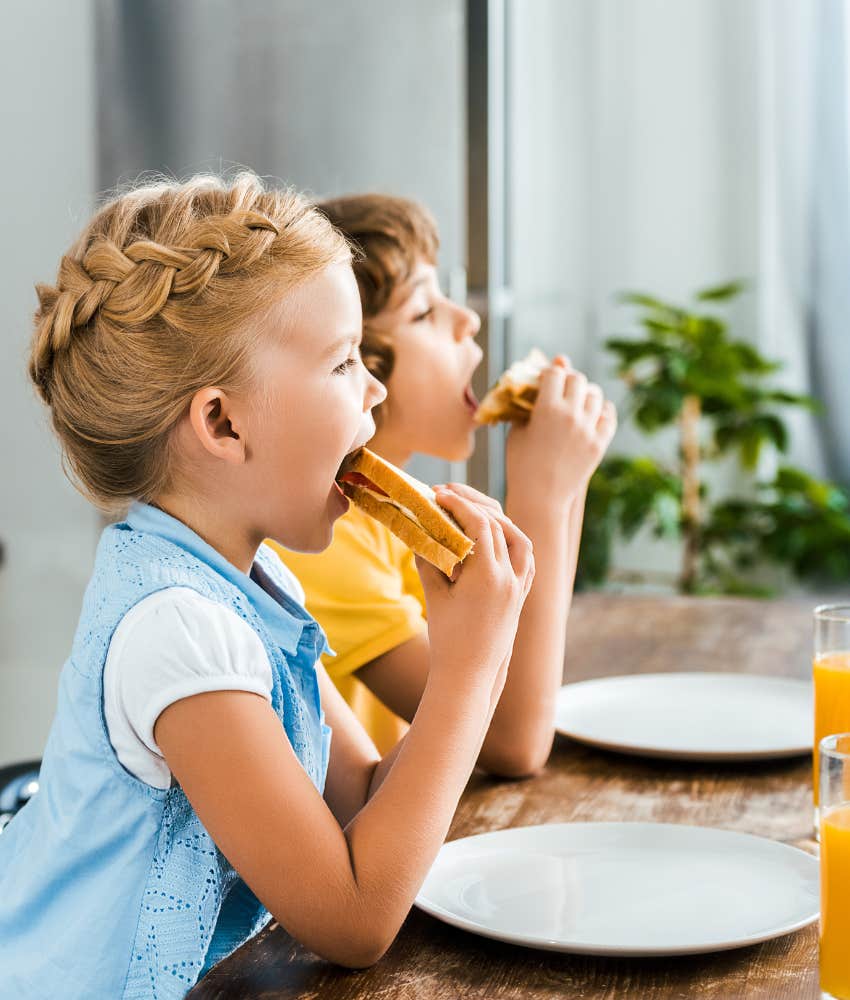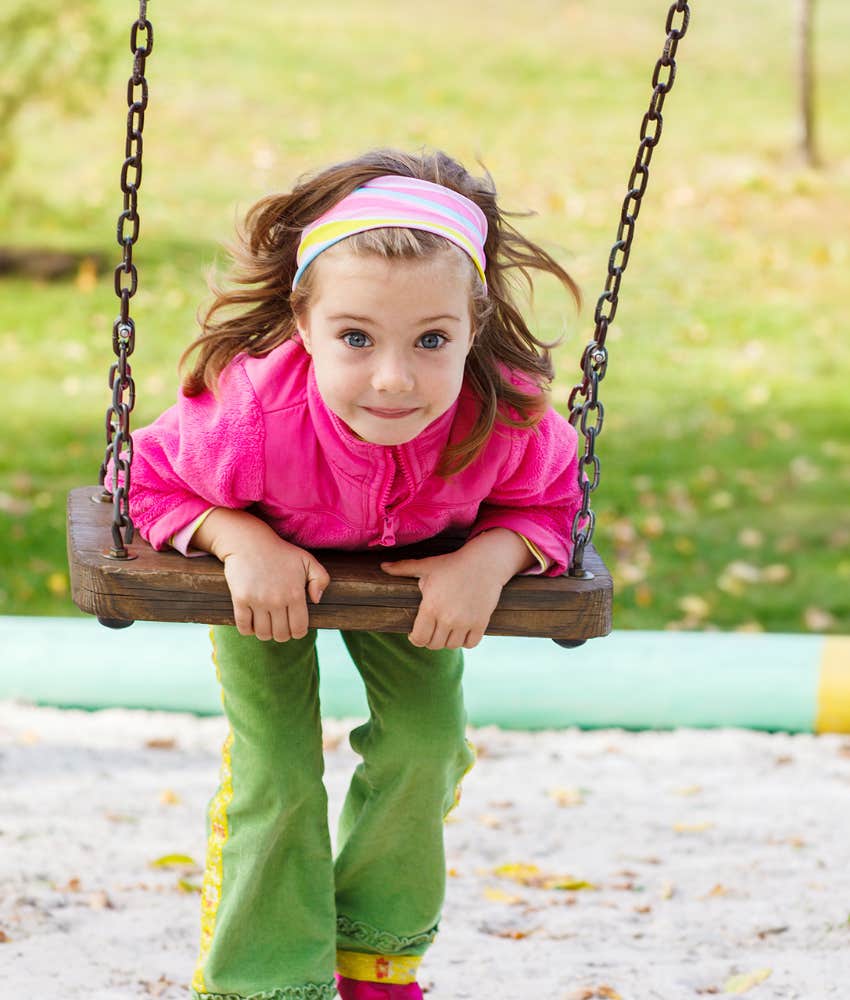Mom Refuses To Do The Little Things For Her Kids As Contribution To Making The Next Generation More Independent
She wants to encourage her kids to find their own independence.
 Ben White | Unsplash
Ben White | Unsplash In an effort to teach her kids how to be self-sufficient, a mom admitted that she practices "passive parenting," which involves letting her kids sort of figure things out on their own, within reason, of course. In an essay for Business Insider, Jenn Wint unabashedly pointed out that her job as a parent is to make sure her kids have all they need to be successful adults, and to do that, she makes sure to start off young by allowing her kids to do certain things on their own without her stepping in to help.
In response to the sort of laissez-faire approach to raising kids that had Gen Xers pretty much running feral, helicopter parenting rose in popularity. Unfortunately, as many experts have asserted, this overly attentive reaction to the hands-off parenting of older generations isn't exactly the right solution either. In fact, we're seeing the results in kids and young adults who struggle with everything from making minor decisions on their own to taking care of their own basic needs.
A mom said she refuses to do little things for her kids as a contribution to making the next generation more independent.
 LightField Studios | Shutterstock
LightField Studios | Shutterstock
"I don't cut crusts off toast at breakfast time. If my kids don't want to eat the crust, they eat around it. I'm not lazy, I'm teaching life skills. It's a valuable lesson that you have to eat around the bits you don't like," Wint began in her essay.
She explained that as a passive parent, she'll do things like wait for her youngest to tie their shoelaces before going out the door to school because she's finished doing it for her. As a fan of tough love, Wint lets her kids problem solve on their own, including refusing to pick the peas out of their pasta if they don't want to eat them.
"I first noticed I was a passive parent when I went for a coffee with a friend and watched her hold her 1-year-old daughter's bottle to her little lips. My friend had one hand on the bottle, the other balancing her latte, while her sandwich sat untouched," she continued. "I realized then that from the age of about 4 months, my son had held his own bottle, likely because I put it to his mouth and then turned away and used both my hands to eat my lunch."
The mom stressed that her passive parenting approach does not mean she isn't attentive.
Expecting your child to get their own snack or tie their own shoes at an age-appropriate time isn't being unloving or inattentive. It's giving your kids the tools to succeed as self-sufficient adults. Wint wrote, "I'm a loving, attentive mother. I take time to admire the artwork, and I spend a lot of time engaged with my kids doing activities together, answering endless questions, and teaching them things."
That's a really important distinction. Allowing your kids to fend for themselves when you know they are capable is not neglecting them. It's actually the opposite. Dr. Kristi Smith, D.Ed., M.Ed. wrote, "When children are encouraged to find solutions on their own, they develop problem-solving abilities and learn to think critically about various situations. This empowerment contributes to their sense of autonomy and self-confidence, setting the stage for future academic and personal success."
Without the opportunity to even try, kids doubt themselves. They never learn to trust that they are competent. They never learn how to think through a problem, and they become adults who struggle to connect and thrive. “Children [today] are much less free to make their own decisions, and this is correlated with a poor sense of self, poor sense of autonomy and components of anxiety and depression,” explained David Bjorklund, professor and associate chair of psychology at Florida Atlantic University and co-author of a study linking the rise in mental disorders in children and teens with a decline in unsupervised play and risk taking.
The mom said it's important to 'encourage independence' within kids.
 2xSamara.com | Shutterstock
2xSamara.com | Shutterstock
Some parents might think Wint is being too harsh by refusing to do these little things for her kids, but it's only through stepping back that kids can learn how to trust themselves. Parents may think that it's best to protect their children from failing, but it's only by failing that they will be able to understand their mistakes and grow from them.
Kids need assistance, yes, but not with every little thing. You can still be an attentive parent while also allowing your kids to succeed on their own. Wint acknowledged that as a full-time working mom, her kids are sometimes just forced to make their own snacks or, in her words, "wipe their own bum" because she's in the middle of something.
She wrote, "I want my kids to learn through trial, error, and persistence to do things on their own. First, because I think those skills will set them up for success, and second, because I like to eat my lunch with both hands. I also trust my kids' abilities, and seeing their confidence grow as they figure things out by themselves is a joy to witness."
Being a helicopter parent and forcing your child into a state of learned helplessness does much more harm than good. Psychotherapist and teacher Michael J. Formica, EdM, NCC, LPC, explained, "Self-esteem cannot be conferred. It develops through risk-taking and skills development. The hypervigilance associated with helicopter parenting interferes with this ... Children are not allowed to fail, and that’s a problem, because it literally doesn’t prepare them for the real world." It's also why, he noted, "so many mental health professionals [are] confronted with a young adult population fraught with anxiety and self-doubt."
Nia Tipton is a staff writer with a bachelor's degree in creative writing and journalism who covers news and lifestyle topics that focus on psychology, relationships, and the human experience.

